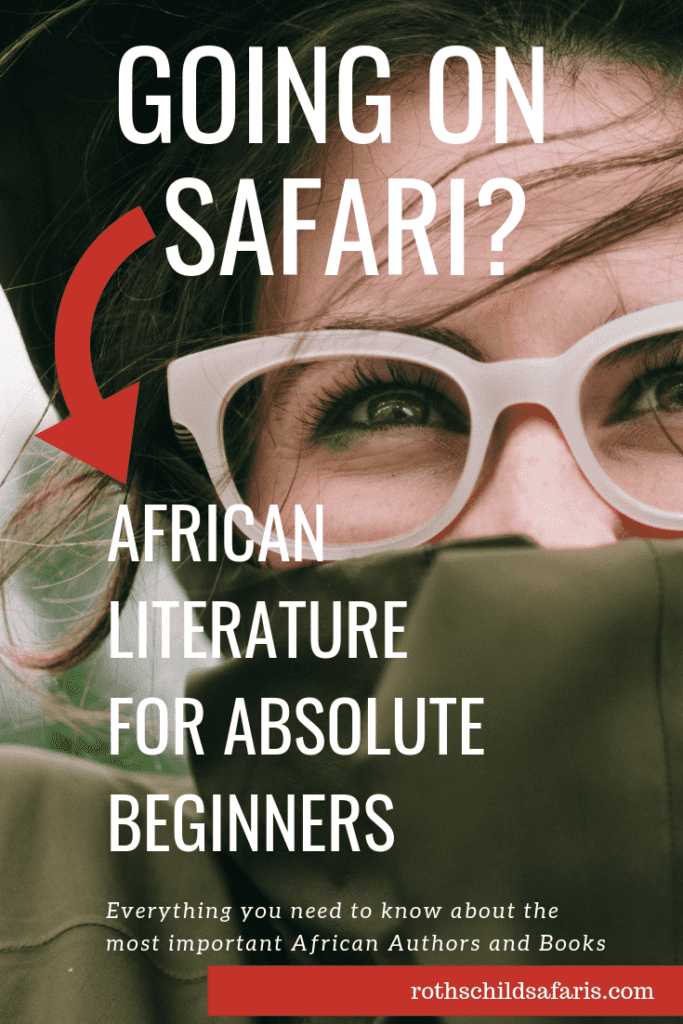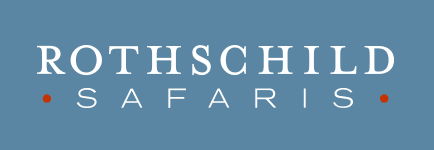The most authentic thing about us is our capacity to create, to overcome, to endure, to transform, to love and to be greater than our suffering.
Ben Okri

African literature communicates the important truths and information of its people and societies.
This makes it an incredibly valuable resource when you really want to get under the skin of the continent.
You will find yourself assimilating the mysteries, ironies, tragedies, and triumphs of African life almost organically through the words on the page. Prepare for themes of colonialism, liberation, nationalism, tradition, displacement, and rootlessness. And to come away with a deeper understanding and when you visit Africa a more meaningful Safari.
Of course, it can also be quite daunting to dip into African Literature. Never worry. We’ve got your back.
Your African Literature Cheat Sheet
including a brief history of the genre, the big authors and their most celebrated works.
(oh, and a brief soundbite from every author so you can name drop with confidence and context 😉 )

In the Beginning
The origins of African literature stretch back at least to the fourth century AD. Timbuktu has an estimated 300,000 or more manuscripts stashed in various libraries and private collections.
Under Colonial Rule
Slave narratives are some of the best-known works of this era in Africa. Africans now started to write in Western languages
As Colonial Rule came to a close the literature reflected the reigning emotion with themes of liberation and independence being popular.
Independence
Liberation and increased literacy were the natural side effects of the independence many of the African nations gained during the 1950s and 60s. Themes are shifting between the past and the present, tradition and modern life, indigenous and foreign peoples. Corruption and economic disparity and the rights and roles of women are represented.
Looking to the future
Try preventing a giant continent with 54 ethnically and culturally diverse countries from producing diverse and multifaceted literature. African authors keep bringing us closer to Africa. And understanding more works for us.

Here are the authors worth reading and talking about
Chinua Achebe

When Things Fall Apart (1958) was published the lid was lifted on the clash between traditional tribal values and the effects of colonial rule. He also started a debate on the tension that highly patriarchal societies bring to bear between men and women.
Also, read his critique of Joseph Conrad’s Heart of Darkness (1899)
Chimamanda Ngozi Adichie

Adichie’s works are primarily character-driven, interweaving the background of her native Nigeria and social and political events into the narrative. She has received praise and won the Orange Prize and the Booker Prize.
Read Purple Hibiscus (2003) and Americanah (2013)
Ayi Kwei Armah

Drawing from Sartre and Camus with themes of despair, disillusionment and irrationality Armah’s work is an intense depiction of the political devastation and social frustration in Ghana.
Read The Beautyful Ones Are Not Yet Born (1968)
Mariama Bâ
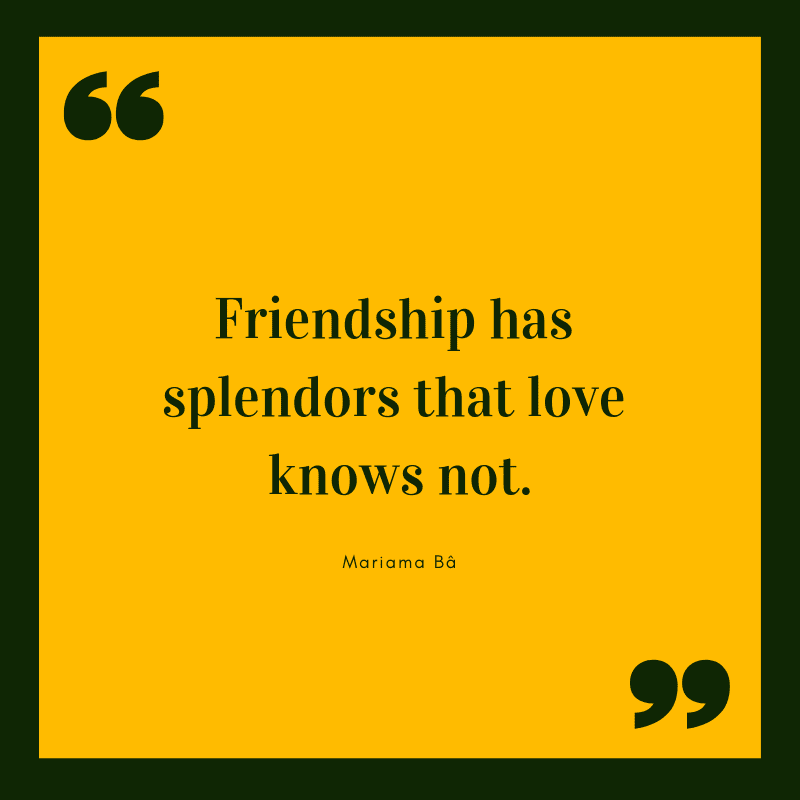
Gender inequality is a popular theme in Africa… and Bâ writes of what she knows in her native Senegal and further afield.
Read So Long a Letter (1981)
Nuruddin Farah
Farah’s work is drawn from his experiences in his native Somalia. His social criticism deals with themes of war and post-colonial identity.
Read From a Crooked Rib (1970)
Aminatta Forna
There are many juxtapositions in a life that begins in Glasgow and continues in Sierra Leone. Especially when your father is a political dissident.
Read The Devil that Danced on Water (2003) and The Memory of Love (2010)
Harold Athol Lanigan Fugard
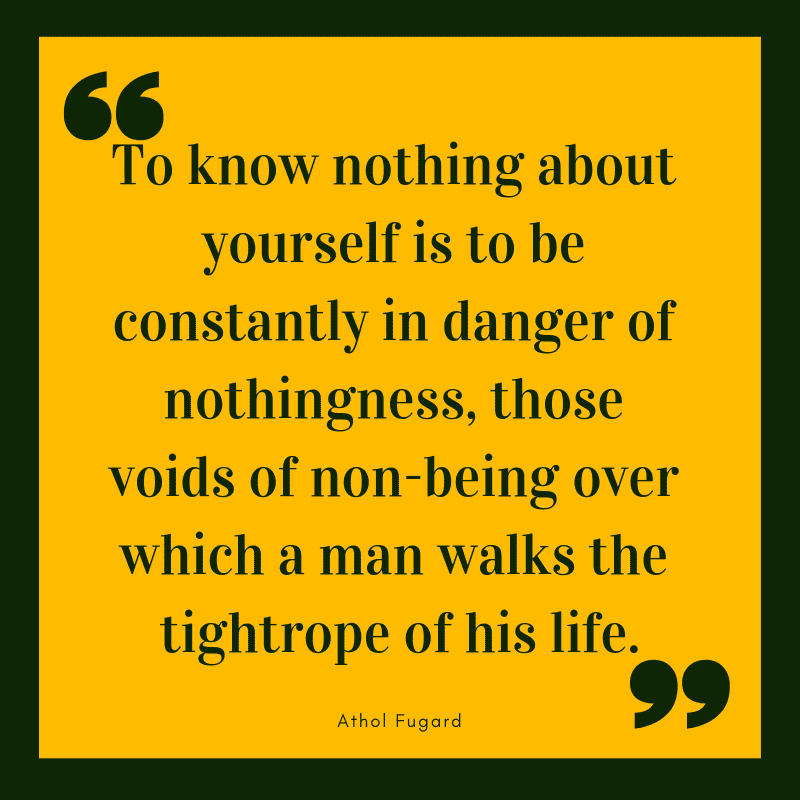
Born from an Afrikaans mother and an English father Athol considered himself an Afrikaner writing in English. Growing up in apartheid South Africa it was his mother who would not accept the injustice of the political system. Athol started writing controversial plays that were staged in private. His fame steadily grew and his novel Tsotsi (1980) became a Best Foreign Film Oscar-winning movie in 2006. He also received a Tony Lifetime Achievement Award.
Read Tsotsi (1980) and The Township Plays (1993)
Nadine Gordimer
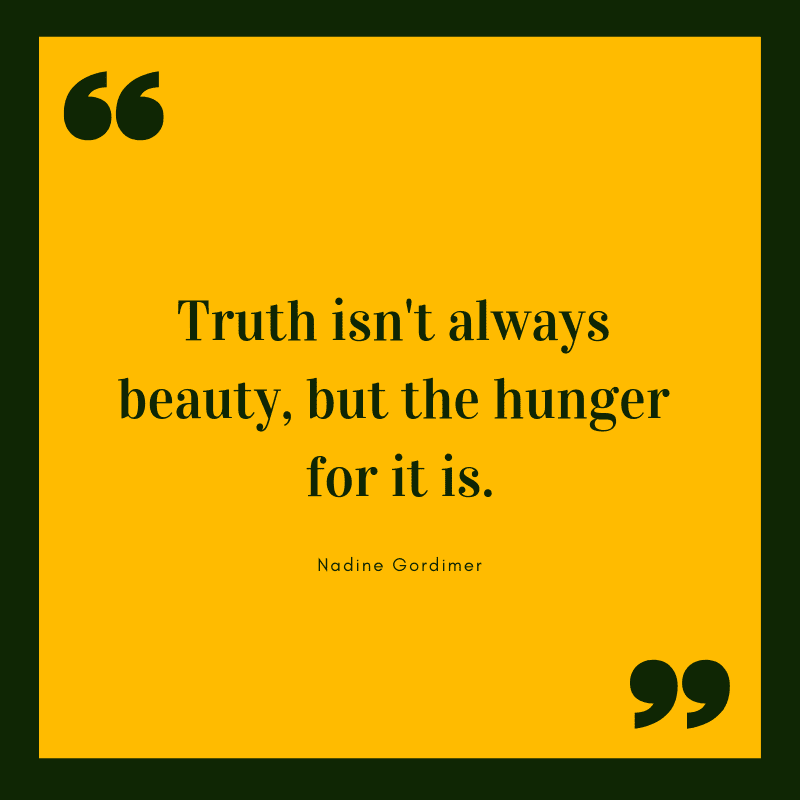
A Nobel Prize winner Gordimer’s prolific works that spoke against the oppressive government were banned from her native South Africa.
Read Burger’s Daughter (1979) {Nelson Mandela read it secretly in prison}
Alain Mabanckou
The character-centered, mostly French novels feature sparkling wit, satire and very sharp social commentary into the lives of both Africans and African immigrants in France and the Congo.
Read Broken Glass (2005)
Ben Okri
Ben Okri’s childhood was divided between England and Nigeria. His experience in youth greatly informed his future writing. He has moved from the Nigerian civil war to forays into the spirit world (for which he won the Booker Prize).
Read Flowers and Shadows (1980), The Landscapes Within (1981) and The Famished Road (1991)
Ngugi wa Thiong’o
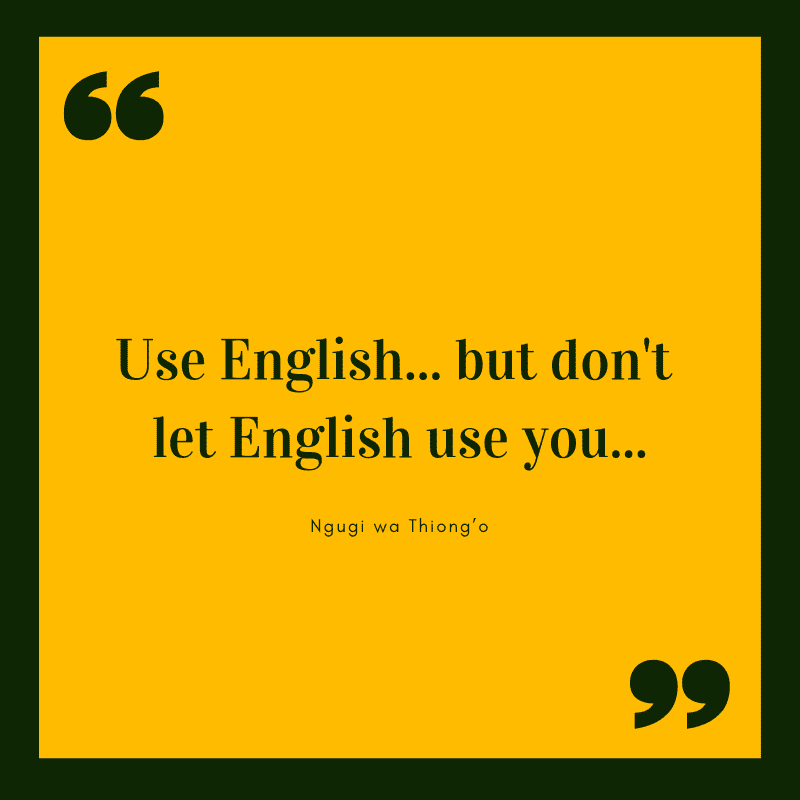
Ngugi wa Thiong’o wrote in English from the get-go. His postcolonial themes of the individual and the community in Africa versus colonial powers and cultures continue to ‘decolonise the mind’. After being imprisoned without trial for staging a politically controversial play he committed to writing works only in his native Kikuyu and Swahili. Thiong’o cites language as a key tool for decolonizing the mindset and culture of African readers and writers.
Read Decolonising the Mind : The Politics of Language in African Literature (1986)
Be part of the conversation and have fun talking about African Authors and their work (with authority) on your Safari!
Also: The most fun African Books to read to your children
